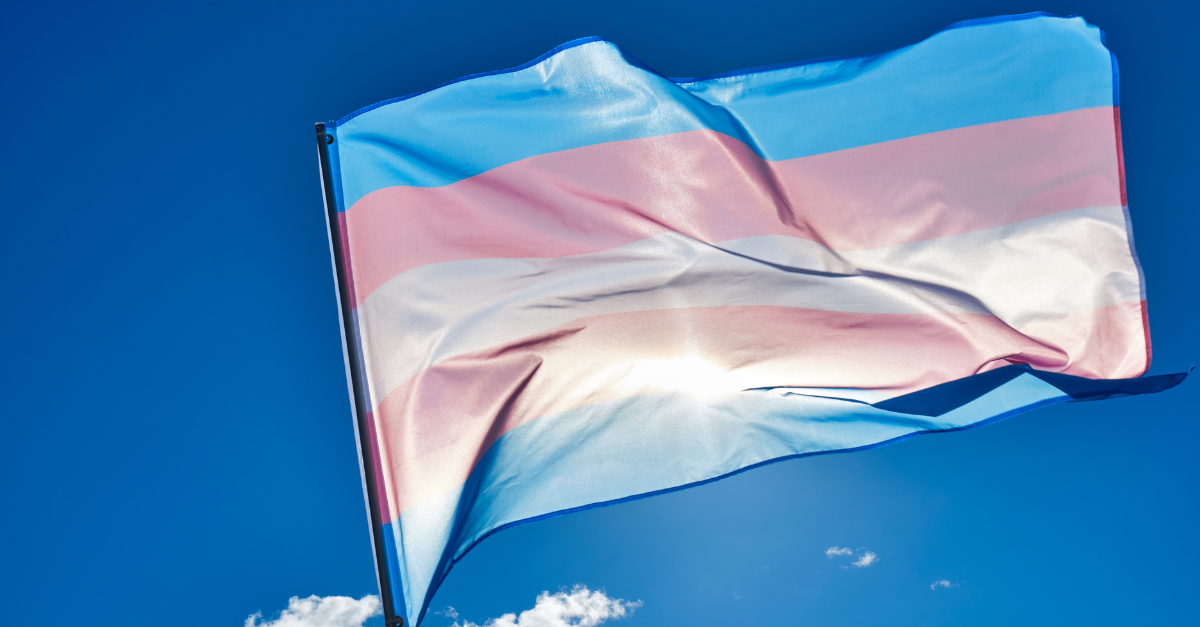NAWL Joined Challenge to "Skirts-Required" Dress Code Policy - Peltier et al v. Charter Day School, Inc. et al.
June 14, 2022 UPDATE: the en banc Fourth Circuit upheld the district court’s decision that North Carolina charter schools are state actors, and that the discriminatory dress code violates the Equal Protection Clause because it was based on impermissible sex stereotypes. The court also held that Title IX applies to dress codes, reversing the district court’s dismissal of the students’ Title IX claim and remanding for further proceedings. Read more and find the brief here.
August 9, 2021 UPDATE: the 4th Circuit published its opinion in Peltier v. Charter Day School. The court sided with Peltier on the Title IX issue and concluded that dress codes are not categorically excluded from the scope of Title IX. In so doing, the court cited to our amicus brief on page 33 of the opinion. As for the bad news, the court also reversed Peltier's win on the equal protection issue, concluding that Charter Day School was not a state actor and thus cannot be subjected to an equal protection claim.
On July 13th, 2020, NAWL joined the National Women’s Law Center, along with their law firm partner Debevoise & Plimpton LLP, and 55 additional organizations, in support of three students represented by the ACLU Women’s Rights Project by filing an amicus brief to the United States Court of Appeals for the Fourth Circuit. The students are challenging whether the school dress code policy, which requires all girls to wear skirts, “skorts,” or “jumpers” to school, violates the Equal Protection Clause of the U.S. Constitution, the North Carolina state constitution, Title IX of the Education Amendments Act of 1972, and North Carolina state law.





